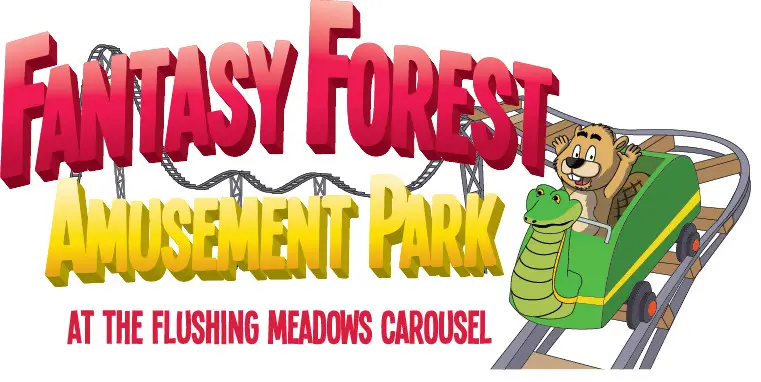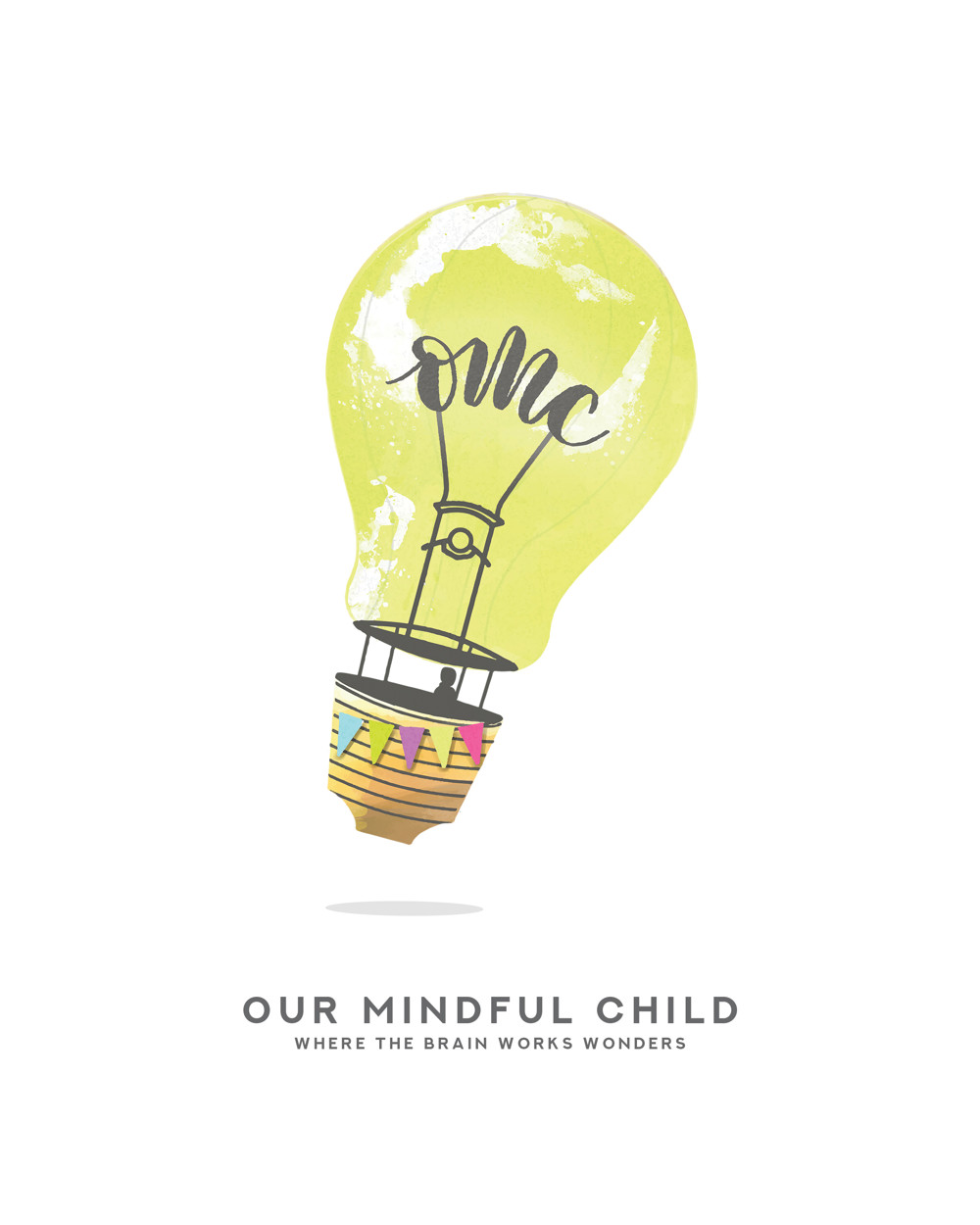Get the Best Family Activities
Remember that praise is critical to the success of the program. Think of awarding points as a cue for you to give effective praise. You will also need to adjust the tone of praise for a nine-year-old. Be enthusiastic, but don’t lay it on quite as thickly as you would with a younger child.
One more important note on rewards: fight the natural urge to be stingy with points. Parents often want to hold out for perfection in their child’s behavior before they’ll consider awarding points on the point chart, and that’s a mistake. We’re shaping behavior here, and you should be looking for excuses to reward positive steps toward the desired outcome.
Once you’re got the program underway, make an effort not to nag. We’re trying to fade your participation so your child gets into the habit of being responsible for herself.





